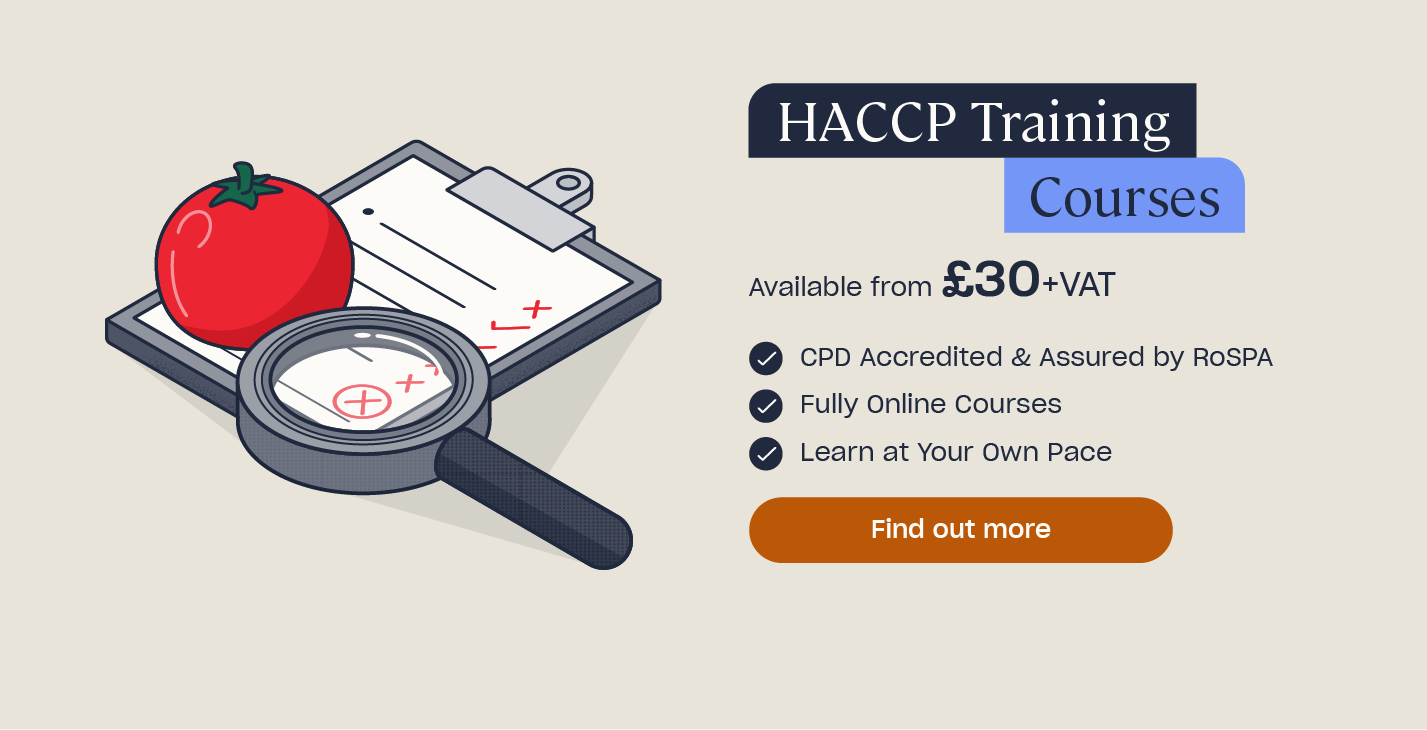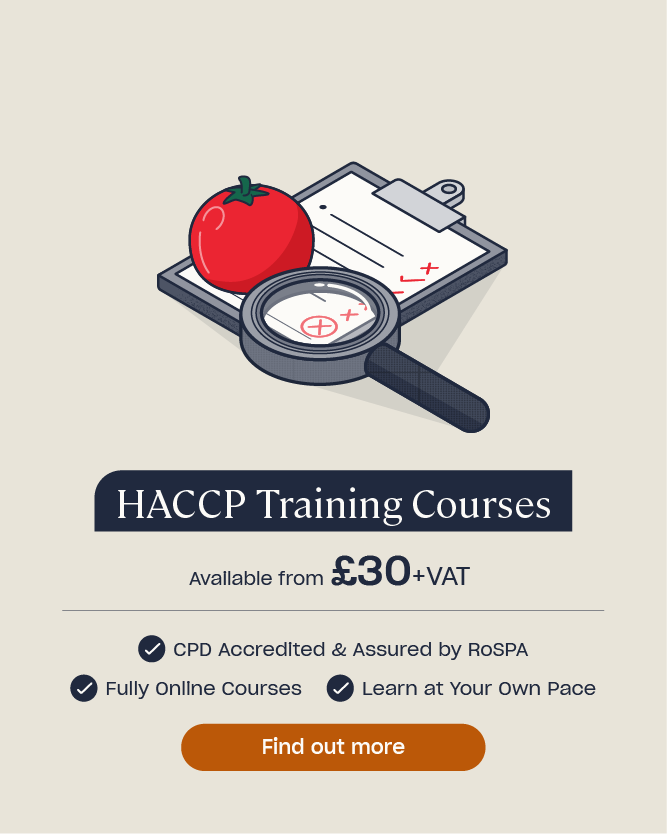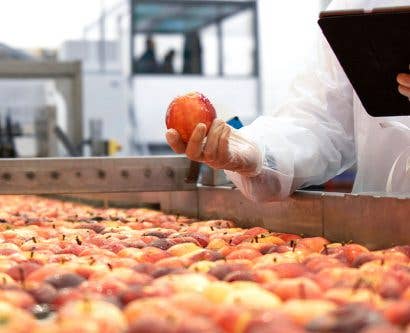What is Due Diligence in Food Safety and How Can I Evidence it?
All food business owners must follow the food hygiene practices and systems established by food safety regulations. This is crucial for complying with the law and ensuring the food you sell is safe for consumption.
However, in order to prove this, it’s important to keep thorough records of your food safety system. Doing so helps you to prove due diligence, which is the most effective way to protect your business from legal consequences.
This article explains exactly what the law says about due diligence and how you can prove it in your food business. Knowing this, you’ll be able to demonstrate that your organisation consistently meets sufficient hygiene standards and avoid issues with the law.
What is Due Diligence in Food Safety?
Due diligence in food safety refers to being able to prove that your business has done everything reasonably possible to prevent food safety breaches. Following and recording a suitable HACCP system is an effective way to evidence this, and can be your primary defence against legal issues under the Food Safety Act 1990. It helps to prove that you applied all reasonable precautions and due diligence to avoid committing an offence.
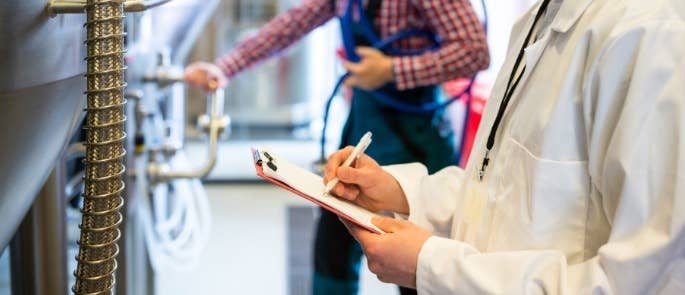
Under the Food Safety Act 1990, a due diligence defence is the primary way to prevent legal repercussions if there is a food safety incident in your business. It is designed to balance the protection of the consumer against defective food with the right of traders, so that they won’t be convicted of something they took all reasonable care to prevent.
The Food Safety Act states that a business has a due diligence defence if:
- They carried out reasonable checks of their food in all the circumstances or it was reasonable for them to rely on checks carried out by the person who supplied the food.
- The offence was due to an act or default of another person who was not under the business’s control, or due to reliance on information supplied by this person. For example, if they needed to inform the business of an allergy.
- They had no reason to suspect that an act or omission would result in an offence under the relevant provision.
If your business ever faces a legal dispute surrounding food safety, a due diligence defence will protect you. Therefore, you should ensure that your systems are sufficient to prove you did everything possible to prevent food safety breaches.
How to Demonstrate Due Diligence in Food Premises
The most effective way to prove due diligence is through records of your food safety systems. In particular, records of your food safety practices and HACCP procedures will help to demonstrate compliance. These will show that you follow all the necessary safety standards and procedures to make food safe.
The type of food safety HACCP system you need depends on your business’s size and the activities it carries out. That’s why it’s important to regularly carry out food risk assessments (or a HACCP risk assessment) to identify your requirements. A HACCP decision tree can also help you determine the major risks in your food premises and establish sufficient controls.
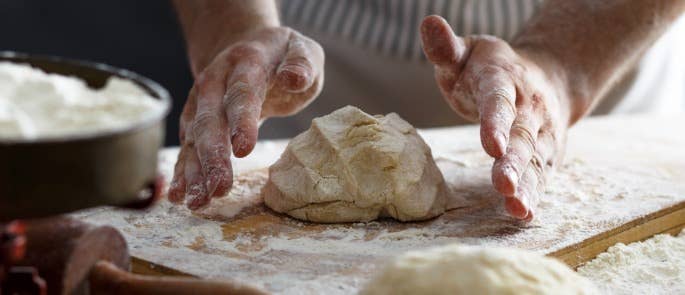
However, there are certain safety practices and key aspects of HACCP that every business should have in place. For example, your records should always thoroughly explain your procedures for preventing cross-contamination. Likewise, every HACCP plan must identify what your business does to control critical risks.
Food Safety Due Diligence Checklist
In order to demonstrate due diligence, all food businesses should ensure their records cover the following:
- Your use of approved suppliers.
- Details of how your workplace environment is compliant (e.g. being made from the correct materials).
- How you prevent cross-contamination in the kitchen.
- Your HACCP system.
- Your cleaning schedule and personal hygiene procedures.
- Records of your fridge and freezer temperatures.
- Your equipment maintenance procedures.
- Labelling procedures, including for allergens.
- Waste disposal.
- Pest control.
- Training and supervision. You can use your online training records to demonstrate your due diligence and compliance in audits.
- How you monitor and update records.
You should regularly check that you have sufficient evidence of fulfilling these requirements. Without it, you lack proof that you’re doing all you can to manage food safety risks and leave yourself open to legal consequences.
What to Read Next
- Top 8 Skills for a Successful Career in Hospitality
- Preventative Maintenance in the Food Industry
- Food Fraud: Vulnerability Assessment Checklist
- How to Accept Frozen Food Deliveries: A Safety Checklist
- HACCP Quiz
- Fridge and Freezer Temperature Log Sheets for Kitchens
- Online HACCP Training Courses


